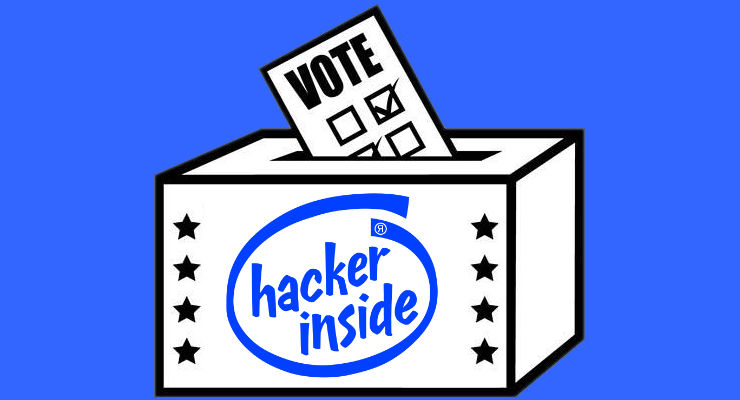
From the Brennan Center for Justice at NYU School of Law:
In the coming days, state election officials around the country will receive their share of $380 million that Congress set aside for election security improvements. Today, a coalition of former state election experts, intelligence officials, and voting advocates from across the political spectrum sent a letter to election officials in all 50 states with recommendations on how to best allocate the new resources.
Signatories include individuals with a broad array of backgrounds and experience, including: former CIA director Gen. Michael Hayden (Ret.); Americans for Tax Reform President Grover Norquist, MIT professor Ronald Rivest, former Deputy US Chief Technology Officer Nicole Wong, and more.
“In the age of unprecedented hacking risks, researchers have found that electronic voting infrastructure — including voting machines and registration databases — have serious vulnerabilities,” they write. “While there’s no evidence that vote totals were hacked in 2016, there’s strong evidence that hackers have been testing the waters. …It is essential that states work with the Department of Homeland Security or other trusted providers to scan their systems for cyber vulnerabilities, and follow best practices identified by computer scientists, national security leaders, and bipartisan experts in elections administration to mitigate hacking risks.”
The letter shares five specific steps states must take to protect election infrastructure from foreign interference and hacking. The group urges state election officials to:
- Replace paperless voting machines with systems that count a paper ballot — a physical record of the vote that is out of reach from cyberattacks.
- Conduct robust post-election audits in federal elections which examine information verified by the voter to produce a high level of confidence in the election result.
- Upgrade systems to ensure that states’ election websites, statewide registration systems, and election night reporting systems are defended against threats of intrusion and manipulation.
- Prohibit wireless connectivity in voting machines to limit hacking vulnerabilities.
- Train and educate election officials at all levels on how to incorporate security into their elections practices.
The suggested security measures largely echo the report language that accompanied the Congressional appropriation, as well as recommendations outlined by the Senate Select Committee on Intelligence and by a group of more than 100 computer scientists and other election administration experts.
To read the full letter, click here.
Leave a Reply